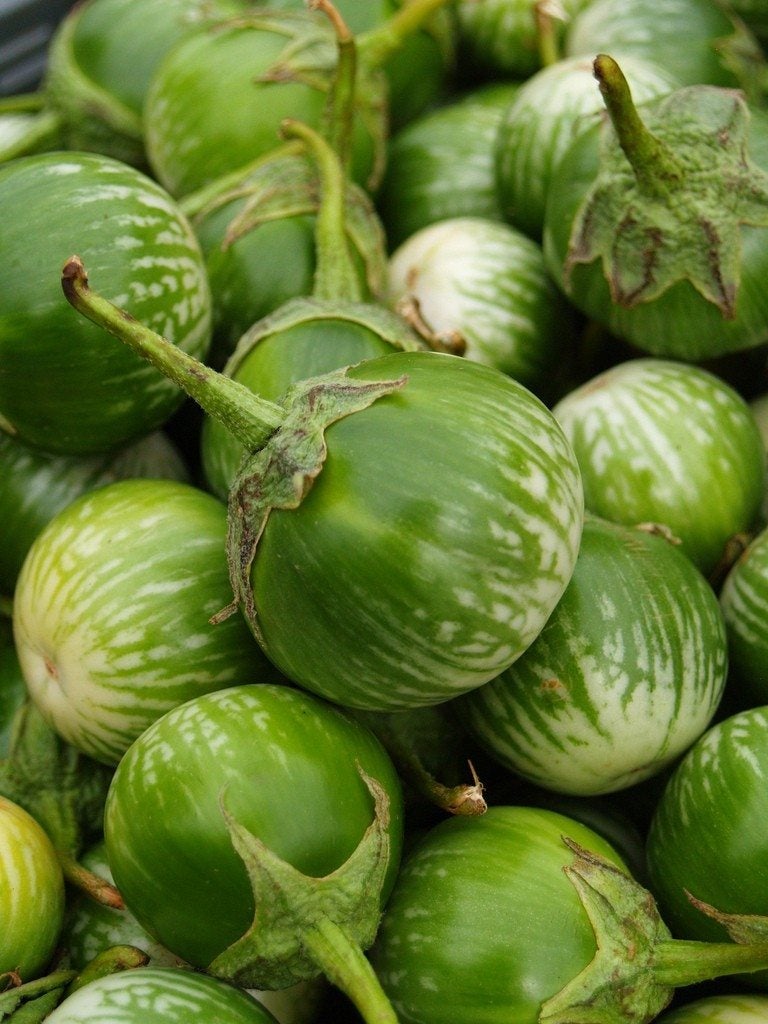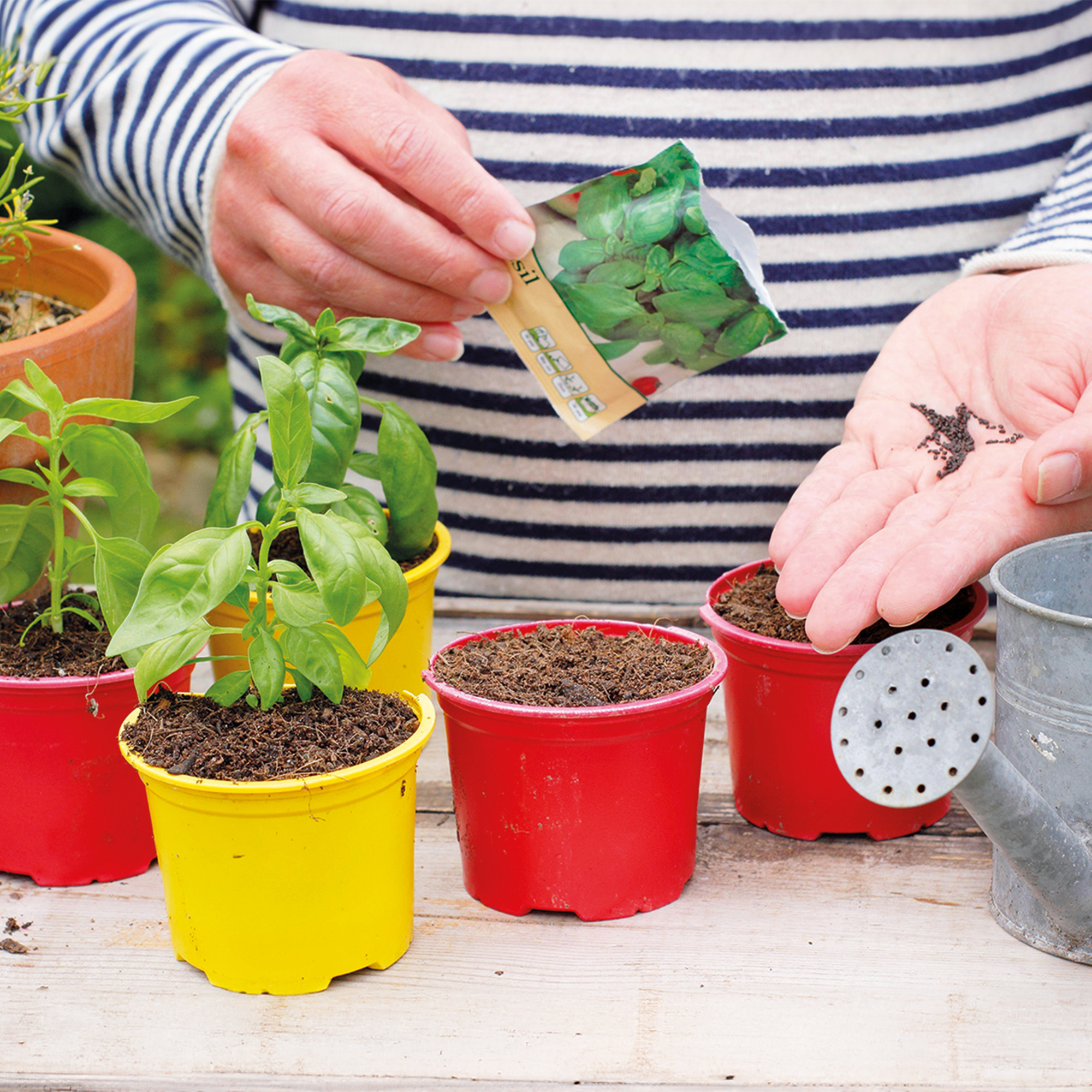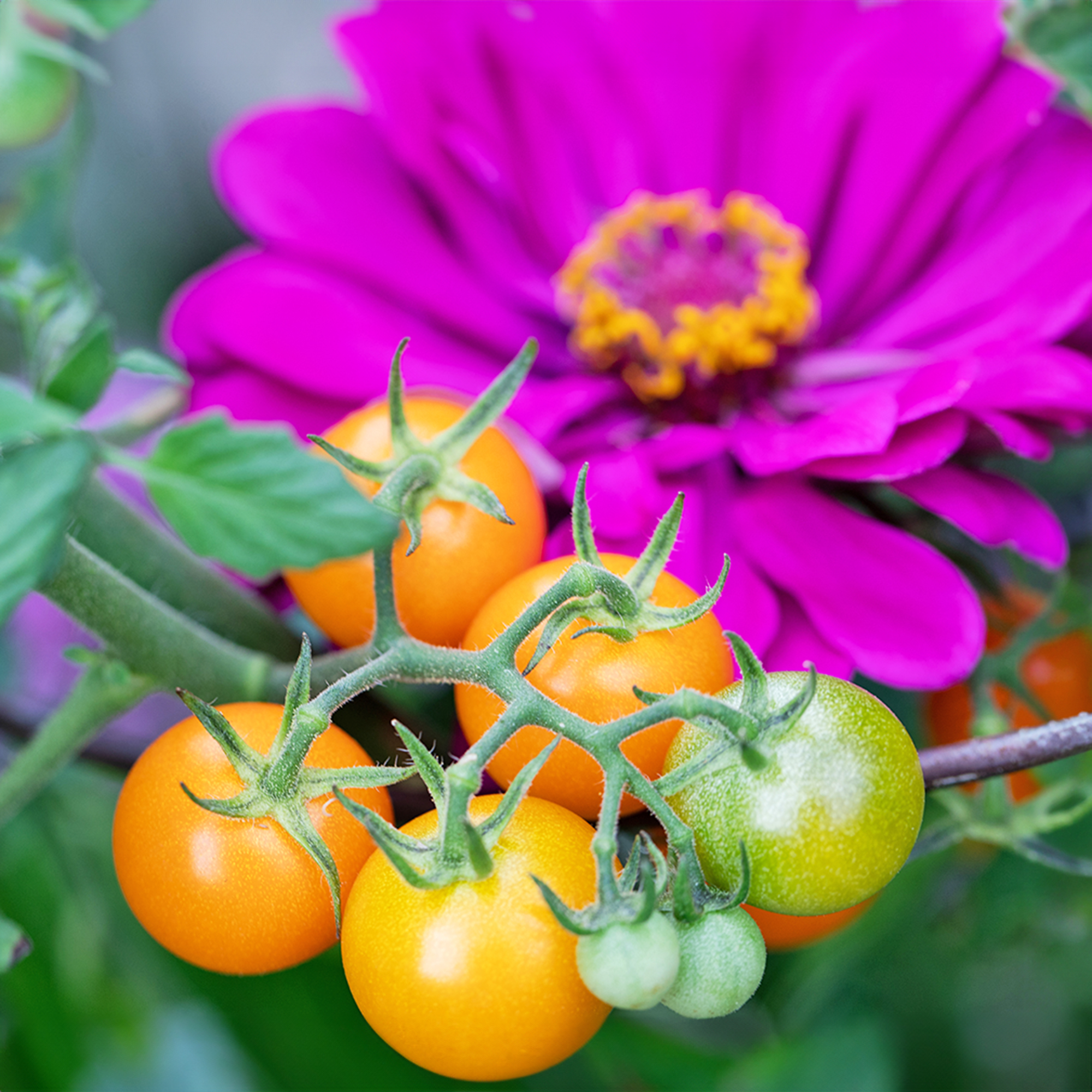Types Of Specialty Plants: What Are Specialty Herbs And Vegetables

Specialty herbs and vegetables are ones that are hard to find, difficult to grow, don't grow well in your area, grow out of season, or are prized by gourmet cooks. They may include heirloom plants, organics, odd shapes, odd colors, odd size, or new varieties. Since these plants are rarely grown, or require special treatment, they can be hard to find. Bear in mind, however, that crops that are harder to find, can be sold at a higher rate. If you live in an area where it is difficult to find specialty vegetable crops, consider growing a few to make some extra money.
Growing Specialty Herbs and Vegetable Crops
Specialty crops that don't grow well in your area or out of season can still be grown successfully. Farmers with greenhouses, high tunnels, and cold frames have an advantage over other gardeners. They can grow plants that won't usually grow in their area, or grow them out of season. Imagine being able to grow fresh tomatoes year-round, or have a citrus tree in Maine. It is all possible. The following types of specialty plants will help get you started:
Miniature Vegetables
Mini vegetables started in Europe but they are gaining popularity in other places. These vegetables require special care while growing to keep them at a miniature size and must be picked at the proper time to prevent them from growing too large. Besides earlier harvest, closer spacing, and using certain varieties, growing specialty vegetables is not that much different than growing standard sizes.
Specialty Greens
More and more people are becoming interested in eating specialty salad greens. While this interest grows, the number of farmers growing them does not. This creates an ideal market for the specialty gardener. Edible flowers, special mixes, edible weeds, and spicy lettuce are all popular choices. Try planting different mixes and harvesting them into bags to sell as a green mix. Many upscale restaurants are interested in specialty greens.
Ethnic Veggies
Growing vegetables and specialty herb plants to appeal to a certain demographic group of people is a great way to capitalize on the market. For instance, Mexican, Indian, Oriental, and Asian herbs can be grown with culture in mind. You may even have a market for local ethnic restaurants. Ask around your community and find out what others are looking for at the farmers' market. This will give you insight into what specialty crops would do well in your area.
Heirloom Vegetables and Fruits
Fewer and fewer farmers are sticking to their heritage and growing heirloom vegetables. This, however, makes the demand for heirlooms much higher. Since heirlooms are not hybrids, they are not as perfect as other varieties, and require a little more effort and general handling to grow. That being said, when you grow heirlooms they have a higher market value and give you a sense of accomplishment as you keep history alive.
Organics
Over the last twenty years or so, farmers have strayed from traditional growing methods and have been using more chemicals to grow crops. Many health-conscious people are beginning to see that these chemicals are not good the human body. These people will do their best to find organically grown produce and will be willing to pay for it. Growing without chemicals means more care will be required, but the outcome is great. Companion planting, natural fertilizer, and attention to soil all help produce healthy and nutritious organics.
Gardening tips, videos, info and more delivered right to your inbox!
Sign up for the Gardening Know How newsletter today and receive a free copy of our e-book "How to Grow Delicious Tomatoes".
-
 How To Grow Seeds Quickly: 8 Expert Tricks For Fast Flowers & Crops
How To Grow Seeds Quickly: 8 Expert Tricks For Fast Flowers & CropsIt's never too late to start growing! Jump-start your flower or vegetable garden with these pro tips and tricks for germinating seeds in record time.
By Amy Grant
-
 8 Perfect Flowers To Plant With Tomatoes To Boost Yields & Banish Pests
8 Perfect Flowers To Plant With Tomatoes To Boost Yields & Banish PestsDon’t forget flowers when choosing companion plants for your tomato beds or pots. These pretty, fragrant blooms add beauty but are also highly beneficial.
By Mary Ellen Ellis